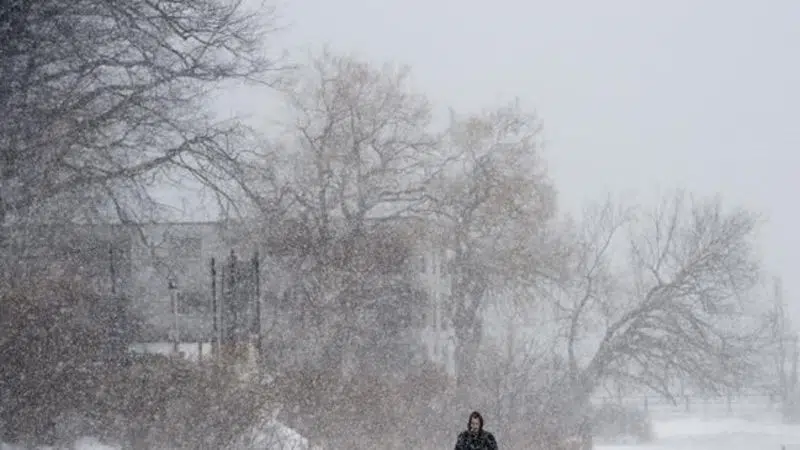
Calling a snow day: How Halifax schools make the early morning call
HALIFAX — In this historic port city, the decision to call a snow day often starts in the middle of the night.
Halifax Regional Centre for Education staffers talk with a meteorologist, review weather forecasts and collect information about snowfall accumulation, precipitation, wind and temperatures.
They monitor road and sidewalk conditions with the help of municipal and provincial transportation staff, and call the contractor for school busing in the region.


